When one notices the first symptoms of senile dementia (forgetting names, trying to remember the purpose of moving from one room to another, and so on), books can be wonderfully helpful. At the age of 80, Penelope Lively, the prolific, generally esteemed, novelist, has written an encouraging guidebook for the ageing:
For me, reading is the palliative, the daily fix. Old reading, revisiting, but new reading too, lots of it, reading in all directions, plenty of fiction, history and archaeology always, reading to satisfy perennial tastes, reading sideways too — try her, try him, try that.
Born Penelope Low in Cairo and brought up there and in England, she read history at Oxford, where she met Jack Lively, whom she describes as ‘a young man from the northern working class’, a student of politics, philosophy and economics, to whom she was married for 41 years, until his death 12 years ago, and still sees in her dreams.
Settled in London, she reviews her long, successful professional career as a writer and a literary activist, in due course representing the British Council, PEN International and the British Library, in the context of the western world’s simultaneous collective travails. She recalls the second world war, the cold war, the collapse of the Soviet Union and other dramatic episodes coloured by details of her own private life. ‘The solipsism of writing about oneself,’ she hopes, is ‘tempered by the more compelling interest of general concerns — what it means to be old.’
She acknowledges her physical wear and tear with uncomplaining stoicism, from breast cancer to ‘dodgy’ eyesight. Having been around a good deal, she no longer wishes to travel, and she has given up gardening, except on a token scale. Reflections in mirrors can appear ‘disturbingly alien’, but she and old friends who have ‘kept up with one another all the way … are not taken aback by the metamorphosis, the way we look now.’
She says she is ‘afraid of being boring’. ‘The old carry around the potential to bore like a red warning light; I know, I have shied away from it myself.’ Thus she recognises the obvious principal danger of the subject she has chosen to write about. The book is a brave attempt to overcome this intrinsic difficulty. She does so most interestingly in the final chapter, ‘The Six Things’, in which she lists objects she displays in her house that ‘articulate something of what I am’.
American folk art kettle-holders with embroidered ducks have inspired an essay on her bird-watching, from Orkney to Adelaide. A copy of the New Testament, purchased by Nanny Lucy at the Church of the Holy Sepulchre in Jerusalem, was presented to Penelope in 1942, when she was nine, and now reminds her of Rommel as well as lessons in the Church of England. As a devout agnostic, she believes in the church but not what the church believes in. A replica of the Gayer-Anderson cat in the British Museum adds a further reminder of her Cirene childhood. Her favourite sampler, dated 1788, pleases her with trees, birds, butterflies and stags around the text — and particularly ‘a feisty little stitched black dog’. ‘Palaeontology is awe-inspiring, sobering,’ she has found. ‘Deep time. It puts you in your place — a mere flicker of life in the scheme of things.’
So her six things include two blue lias ammonites, tiny fossils that may be 200 million years old, and a fragment of a 12th-century dish decorated with the images of two leaping fish. Apart from stimulating her philosophical meditation, the fossils and sherd provided the book’s tantalisingly obscure title.
Got something to add? Join the discussion and comment below.
Get 10 issues for just $10
Subscribe to The Spectator Australia today for the next 10 magazine issues, plus full online access, for just $10.
You might disagree with half of it, but you’ll enjoy reading all of it. Try your first month for free, then just $2 a week for the remainder of your first year.


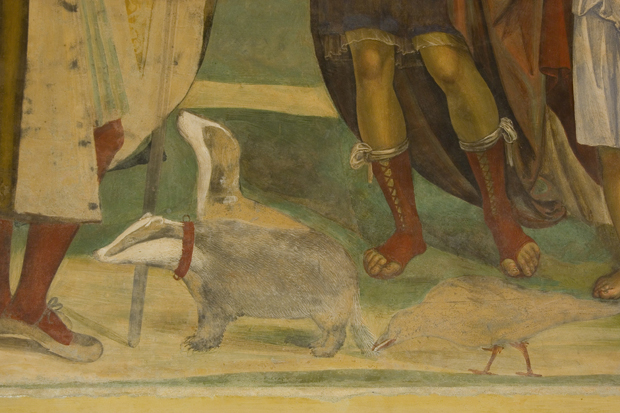
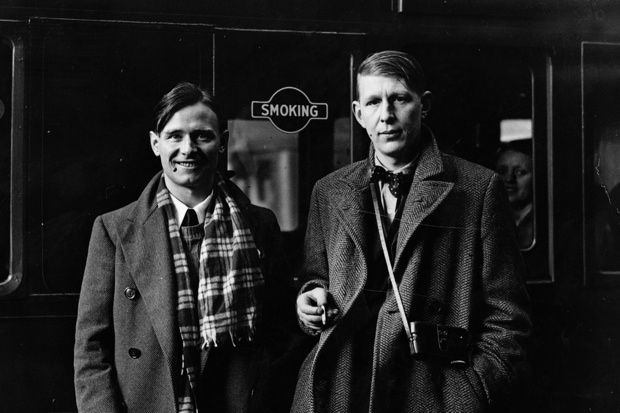

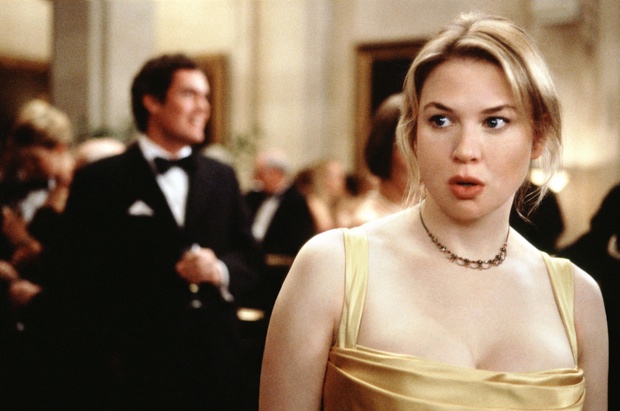
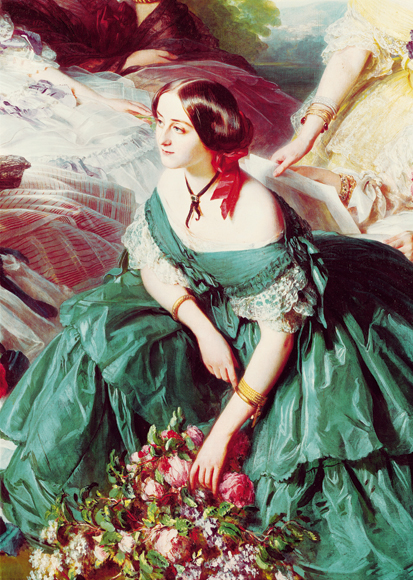
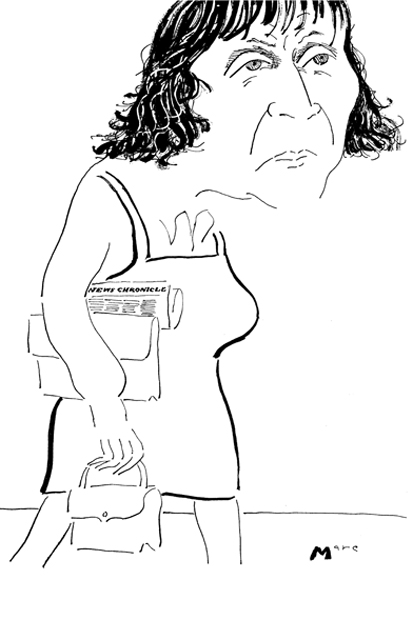






Comments
Don't miss out
Join the conversation with other Spectator Australia readers. Subscribe to leave a comment.
SUBSCRIBEAlready a subscriber? Log in